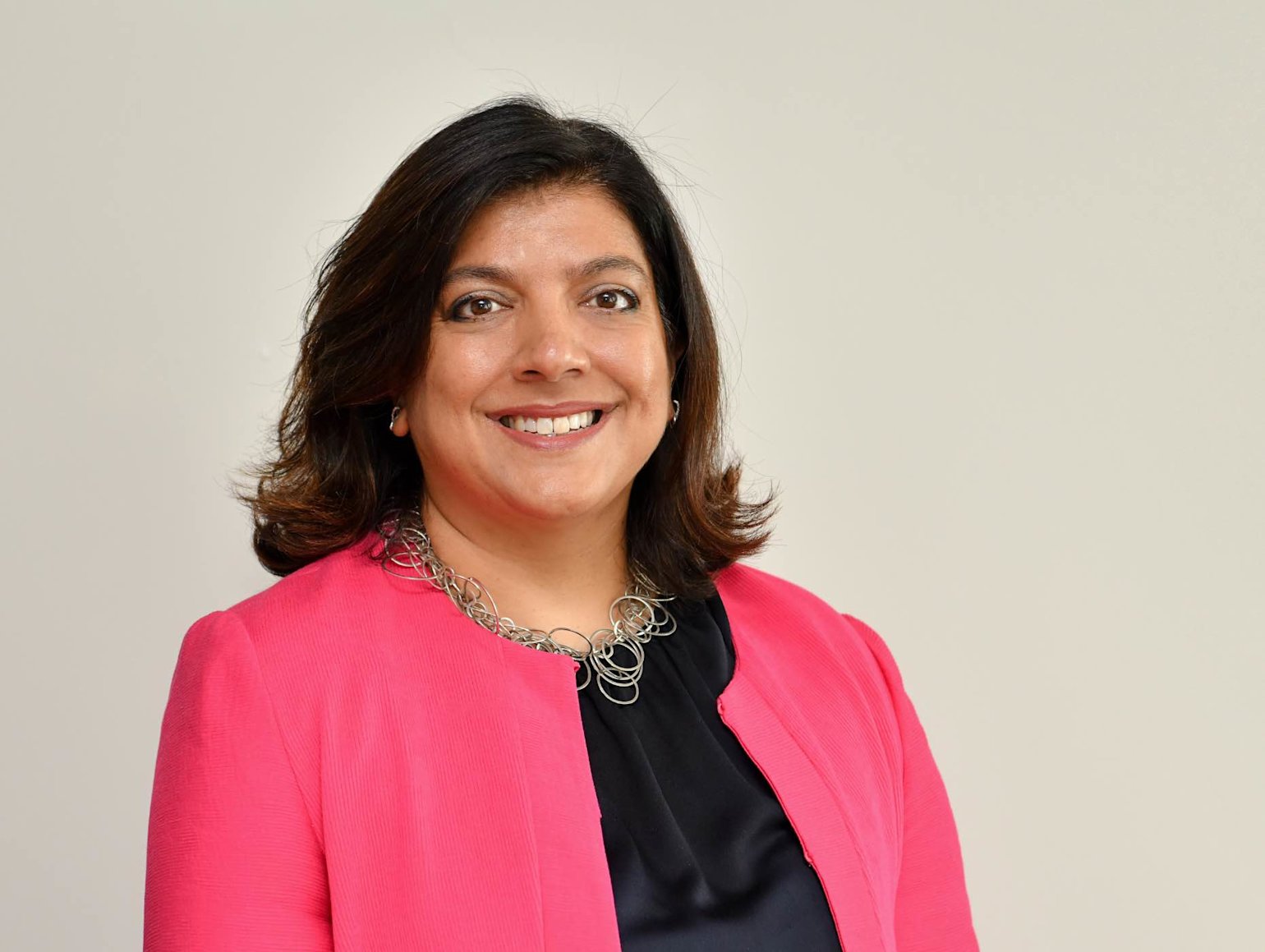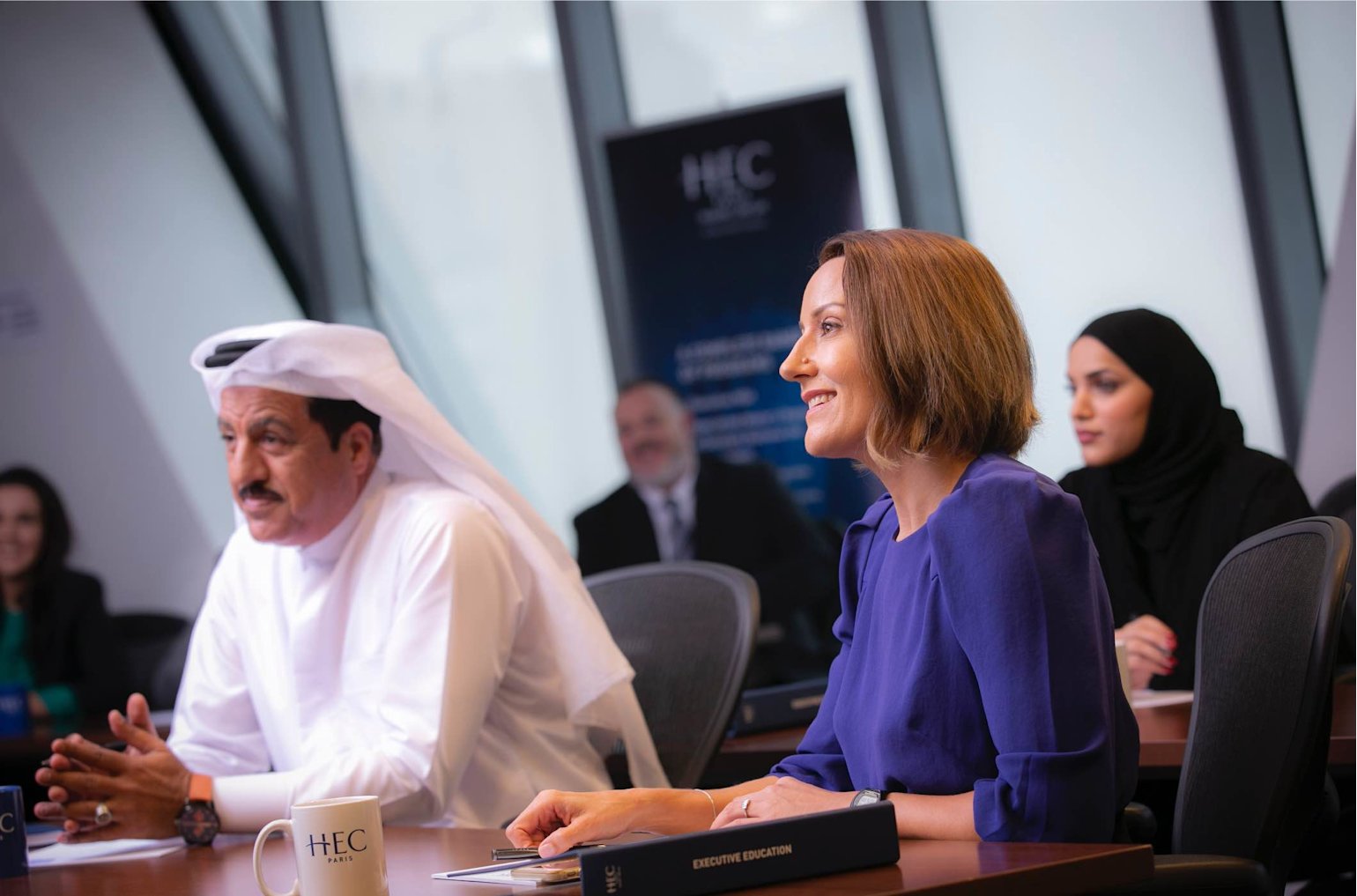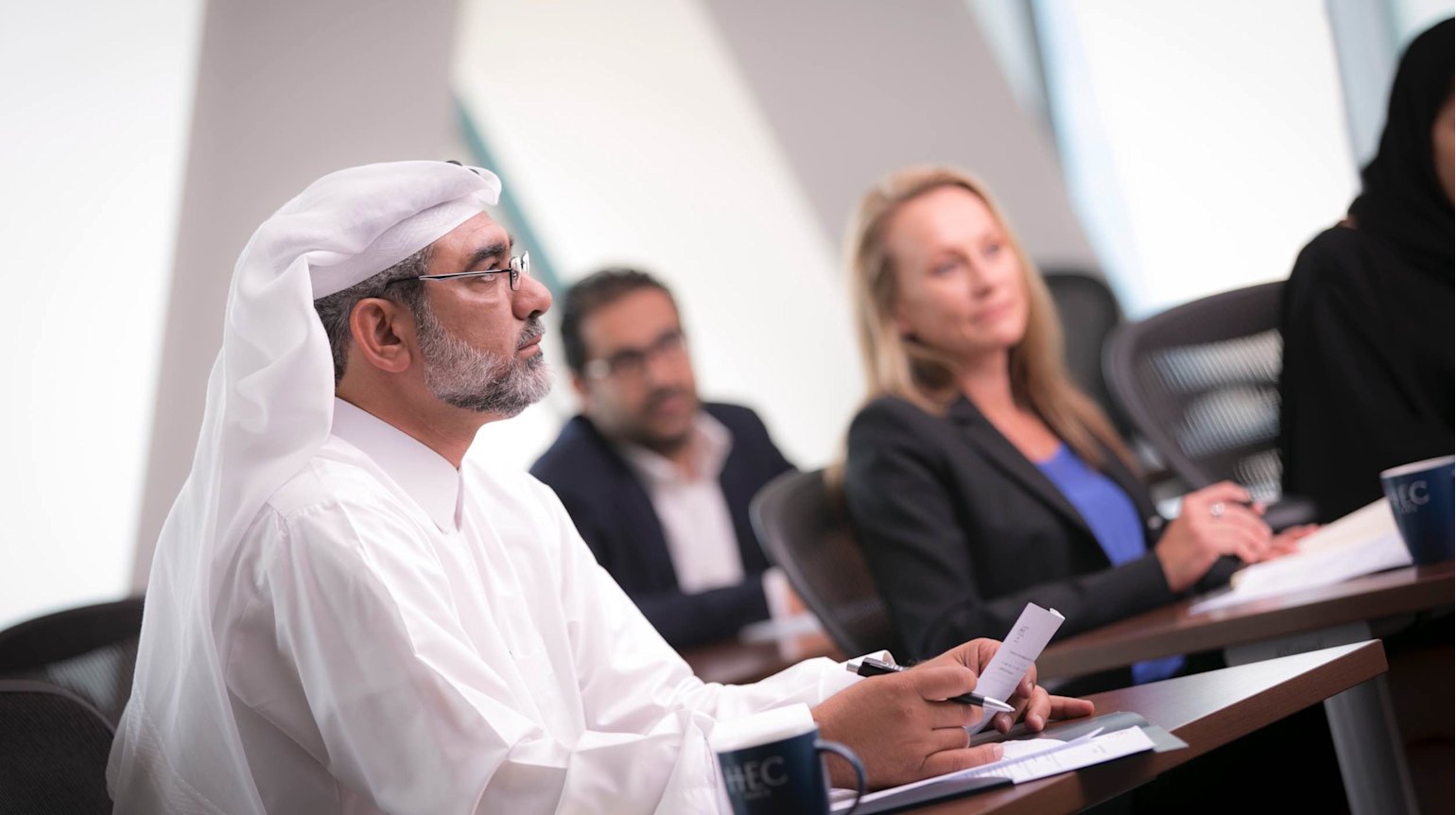Coronavirus (COVID-19) Updates
For the latest COVID-19 information and updates from Qatar Foundation, please visit our Statements page

Dr. Shaheena Janjuha-Jivraj, Associate Professor at HEC Paris in Qatar, a Qatar Foundation partner university, writes about the contribution of women in the workforce, and how losing this talent is detrimental to the economy, today, more than ever
As we recover from the impact of the initial waves of the pandemic, we are adjusting for a period of turbulence where the only certainty is the need to prepare for uncertainty. When it comes to gender on a global level, the pandemic has unraveled economic and social progress in an alarmingly short space of time. Recovering from the pandemic requires a multi-pronged approach addressing economic, social, health and education factors.
Melinda Gates, co-chair of the Bill and Melinda Gates Foundation argues the inequalities exposed due to the pandemic emphasize the need to put women at the heart of the recovery. There is still a long way to go as UN data from March 2021 identifies that only 13 percent of the 2,280 COVID-19 measures (fiscal, social and labor market measures) targeted women’s economic security. UN Women chief, Phumzile Mlambo-Ngcuka stated “that it is inconceivable that we can address the most discriminatory crisis we have ever experienced without full engagement of women.”

Women are almost twice as likely as men to lose their jobs during the pandemic, hardly surprising when we consider the hardest hit sectors typically have higher rates of female employment – for example hospitality, tourism and retail, along with women working in the informal sector with no cushion in terms of remunerated sick leave or insurance.
Although the inequalities are exacerbated in developing economies the pandemic has demonstrated the inter-connectedness between countries, so recovery can only happen when no one is left behind.
The pattern emerging from covid-19 is described as the K-shaped recovery curve; creating divergent trajectories for different sectors. The World Economic Forum identifies faster recovery among large firms and institutions that can access direct funding from the stimulus packages offered by governments and central banks, while smaller businesses and sectors directly impacted by COVID-19 are increasingly sidelined and subject to greater survival threats.
If we take a closer look at the domestic upheaval experienced by families through the disruption to formal education, women have largely taken brunt of the demands in flexing to support learning from home. Women are often described as the sandwich generation having to stretch between the needs of their children, and older and more vulnerable family members. Fulfilling both needs is implicit in the roles of women, however the demands of working can create challenges that become unfeasible to navigate and so work is relinquished.
Losing female talent is detrimental to the economy, today, more than ever, organizations need diverse talent and inclusive teams to create innovative solutions that are financially viable. Gender diverse teams demonstrate improved profitability of 25 percent (McKinsey, 2020) and just under 40 percent increase in innovation revenue (BCG, 2018).

In Qatar, the female graduate population has steadily risen from 43 percent in 2012 to 68.2 in 2019. Over the last nine years, Qatar has one of the strongest groups of highly educated and talented women globally. Undoubtedly channeling this resource into economic activity provides the foundation to diverse teams supporting a transformation agenda.
The critical question for leaders is how to attract the best combination of talent to ensure teams are robust to navigate further uncertainty and provide effective solutions to complex challenges. During the Qatar Economic Forum held in June 2021, speaking with Hilary Rodham Clinton, the 67th Secretary of State of the United States of America, Her Excellency Sheikha Hind bint Hamad Al Thani, Vice Chairperson and CEO of Qatar Foundation highlighted the challenges impeding economic participation of women. She said “the current system and the system before the pandemic wasn’t working for women, and it’s something we have to think about, and we have to make a change... Why do women have to divide their work from their family life? That’s not how we operate, and, if we think about women throughout history, it’s not how they operated.”
Leaders who are consciously embarking on “building back better” increasingly place culture at the heart of this transformation and, particularly, working practices that allow for flexibility in the face of short-term turbulence with minimal impact on performance.
The need for diversity is no longer a buzzword or leadership trend, but integral to business performance, and so new ways of working need to address a culture that supports a diverse workforce. A gender-balanced workforce requires paying attention to three areas, recruitment, retention and promotion. A blended approach of hard-wiring, in other words, policies, to support these areas in building diverse teams and soft-wiring, which describes attitudes and culture and specifically developing leadership behaviors to embed an inclusive culture. Leaders committing to a clear ambition for building gender diversity will help to direct attention and resources and more importantly, demonstrate a commitment to women whose involvement is essential in creating strong and innovative organizations.

To achieve the aspirations of Qatar’s National Vision 2030, and for organizations to build back stronger, women are critical to success across all levels, and in particular, senior leadership roles to provide new solutions. Creating a new way of working, requires innovative approaches to current working patterns and these discussions provide the opportunity for leaders to strengthen the innovative capabilities among their team. When innovative solutions are embedded in the DNA of the organization, new working cultures with strong diverse teams provide extra-ordinary approaches to the complexities we are facing.
Today, leaders have the extraordinary opportunity to create a transformation agenda where the gender agenda is at the heart of preparing their organization to navigate the next wave of the new normal.
Shaheena Janjuha-Jivraj is an Associate Professor at HEC Paris in Qatar. Over the last decade Shaheena has been working at Board and C-suite level and across senior leadership to develop innovative approaches to promote effective cultures and ways of working with a specific focus on diversity and leadership. Shaheena works with public organizations, NGOs and private business leaders all over the world including FTSE100, Fortune500 to help them transform their cultures, encourage agile thinking, improve workplace culture. She is a regular contributor for Forbes, and an award-winning author of books titled Championing Women Leaders, Beyond Sponsorship and Succession in Asian Family Firms. Her new book Futureproof Your Career is due out in Autumn 2021.

